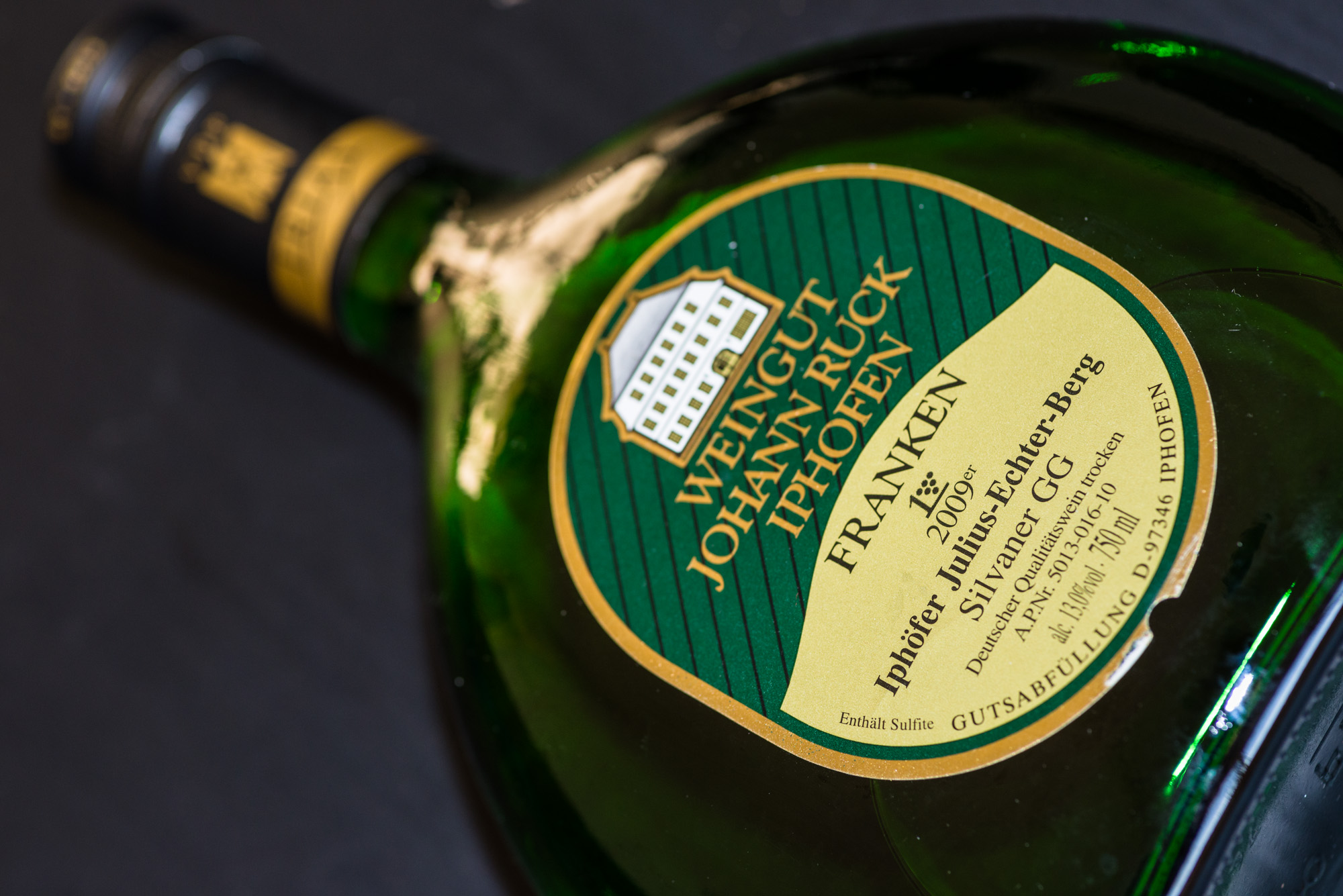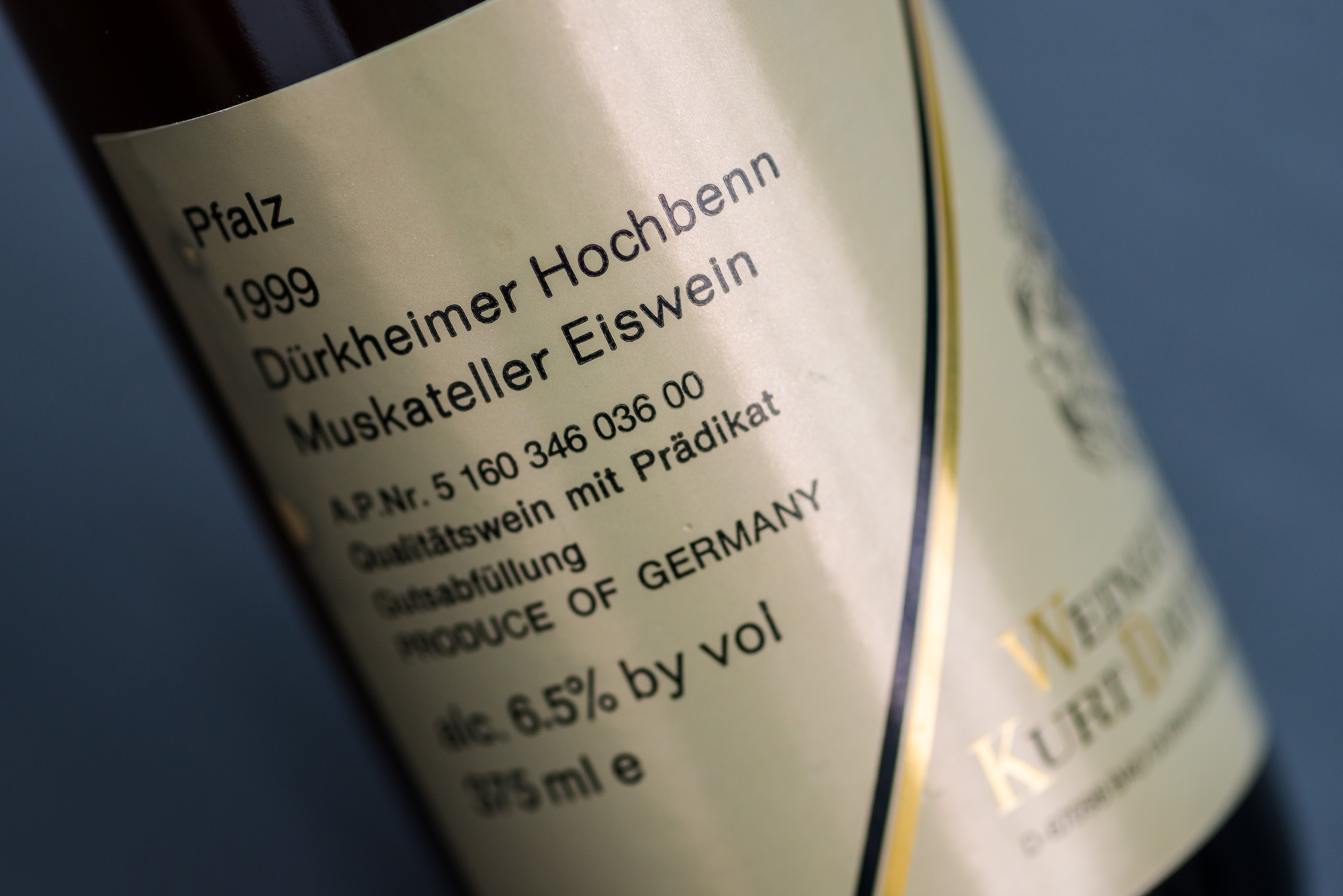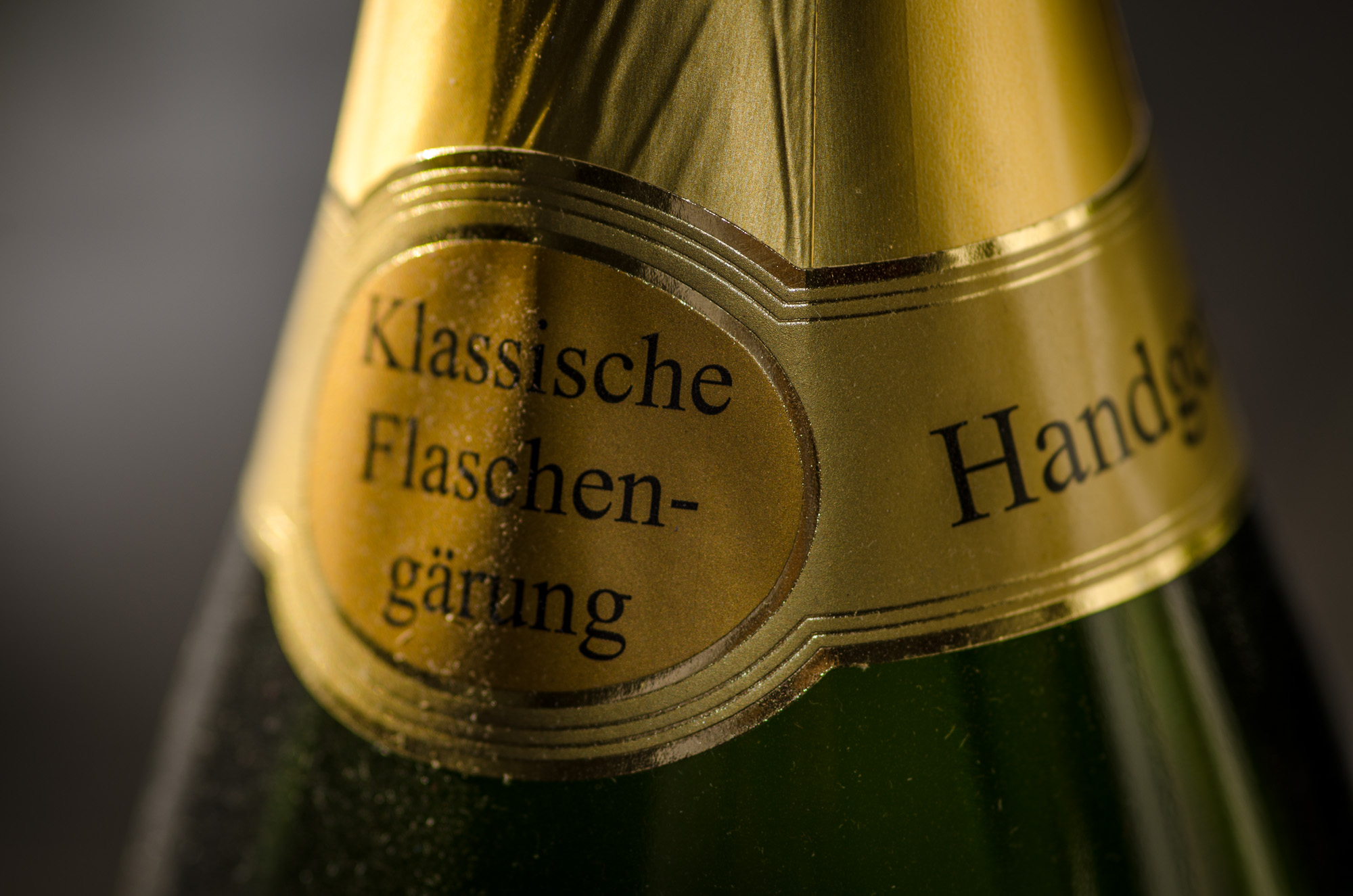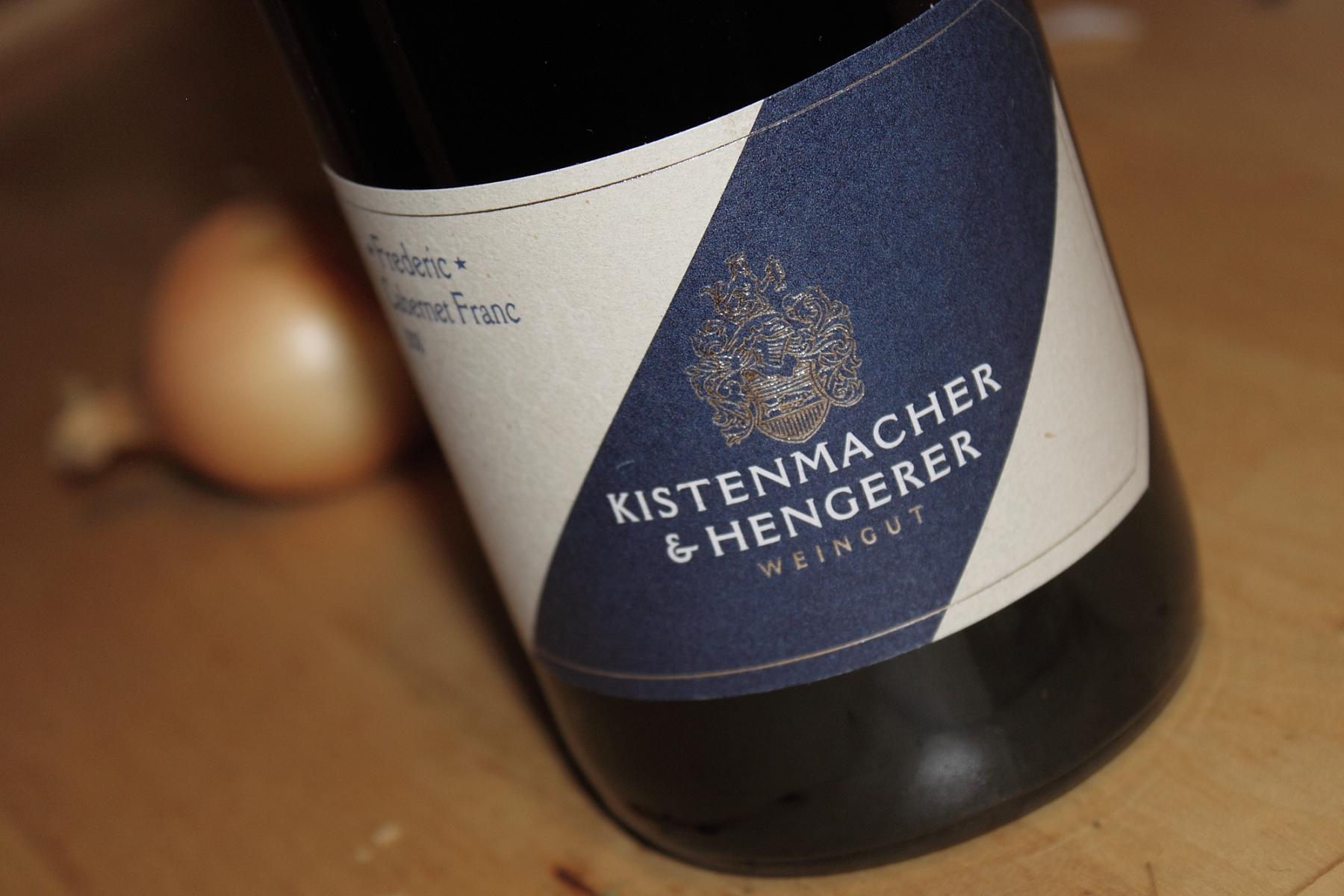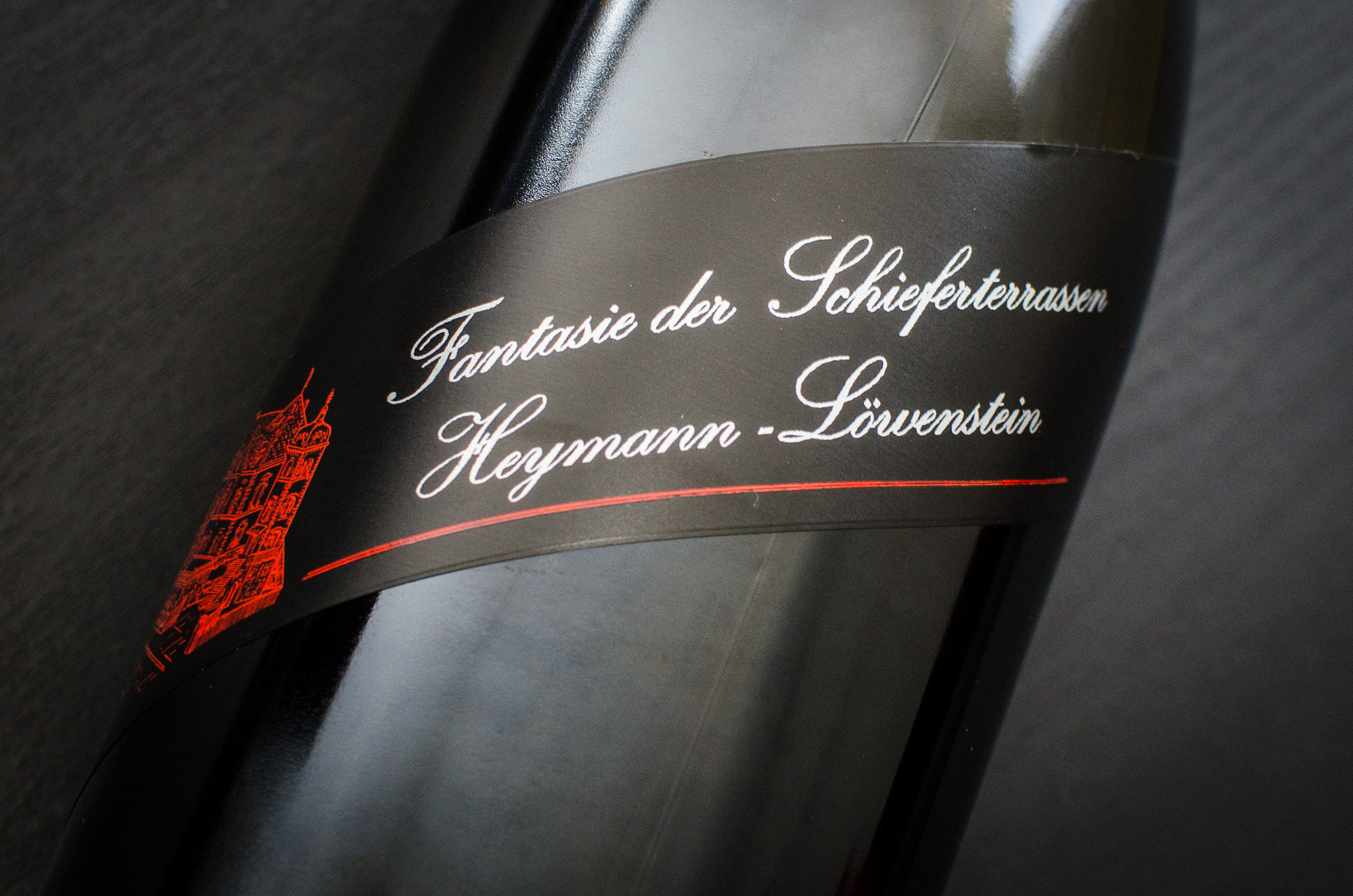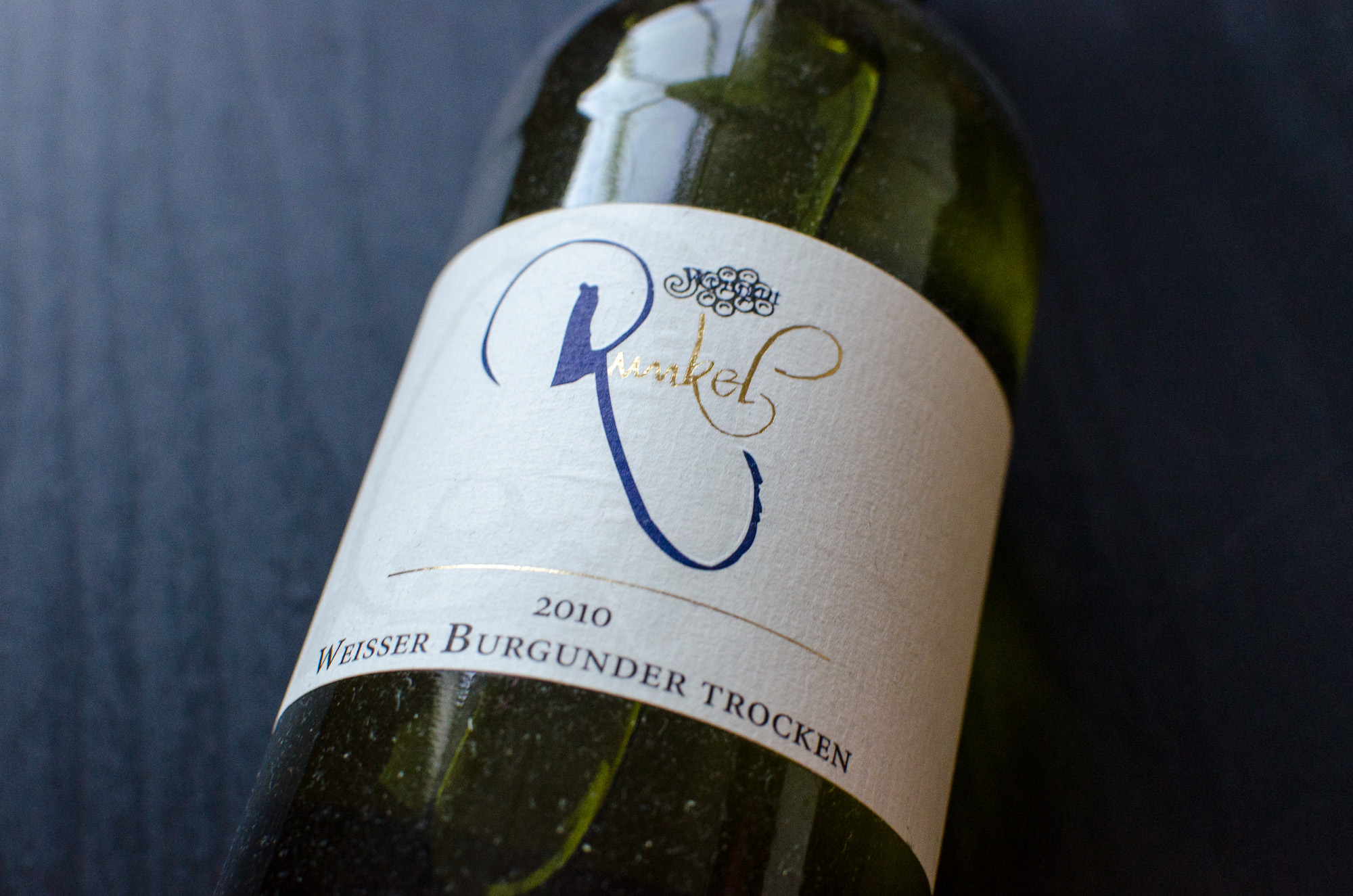Knipser, Gelber Orleans trocken ***, 2005
Gelber Orleans, to me, is probably the most exciting wine there is. Sadly I am aware that even if you should believe me it won't help you very much as it is incredibly hard to find - even in Germany, which to my knowledge is the only country where it is grown. It is so rare that whenever, wherever I see a bottle of Orleans I can afford I will buy it. Usually that means turning to the Knipser brothers who grow some in the Pfalz.
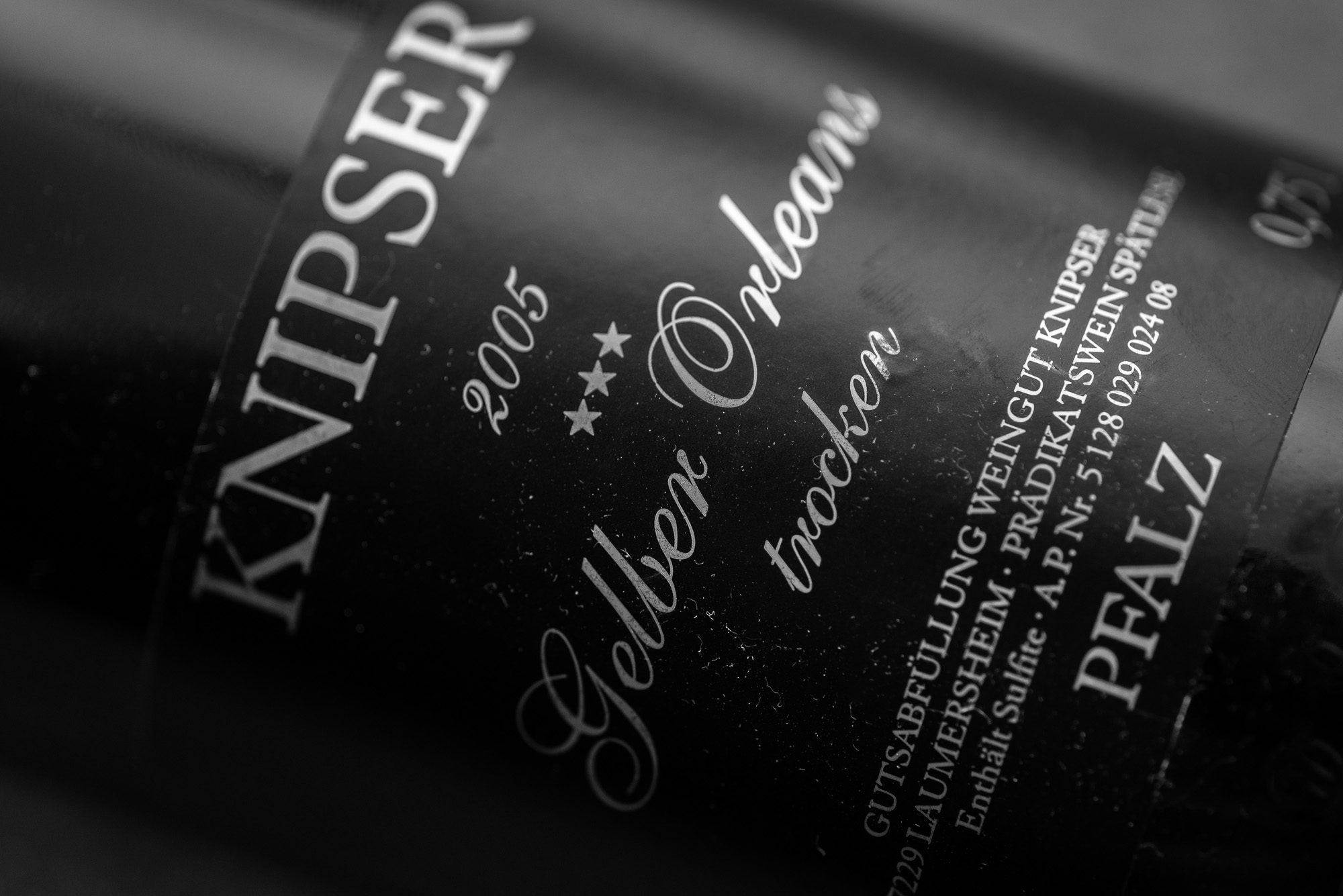
Thankfully, despite its rarity it is not an overly expensive wine - if you compare it like for like that is. And that puts this three star dry late harvest against a top Riesling. What do you get for that price?

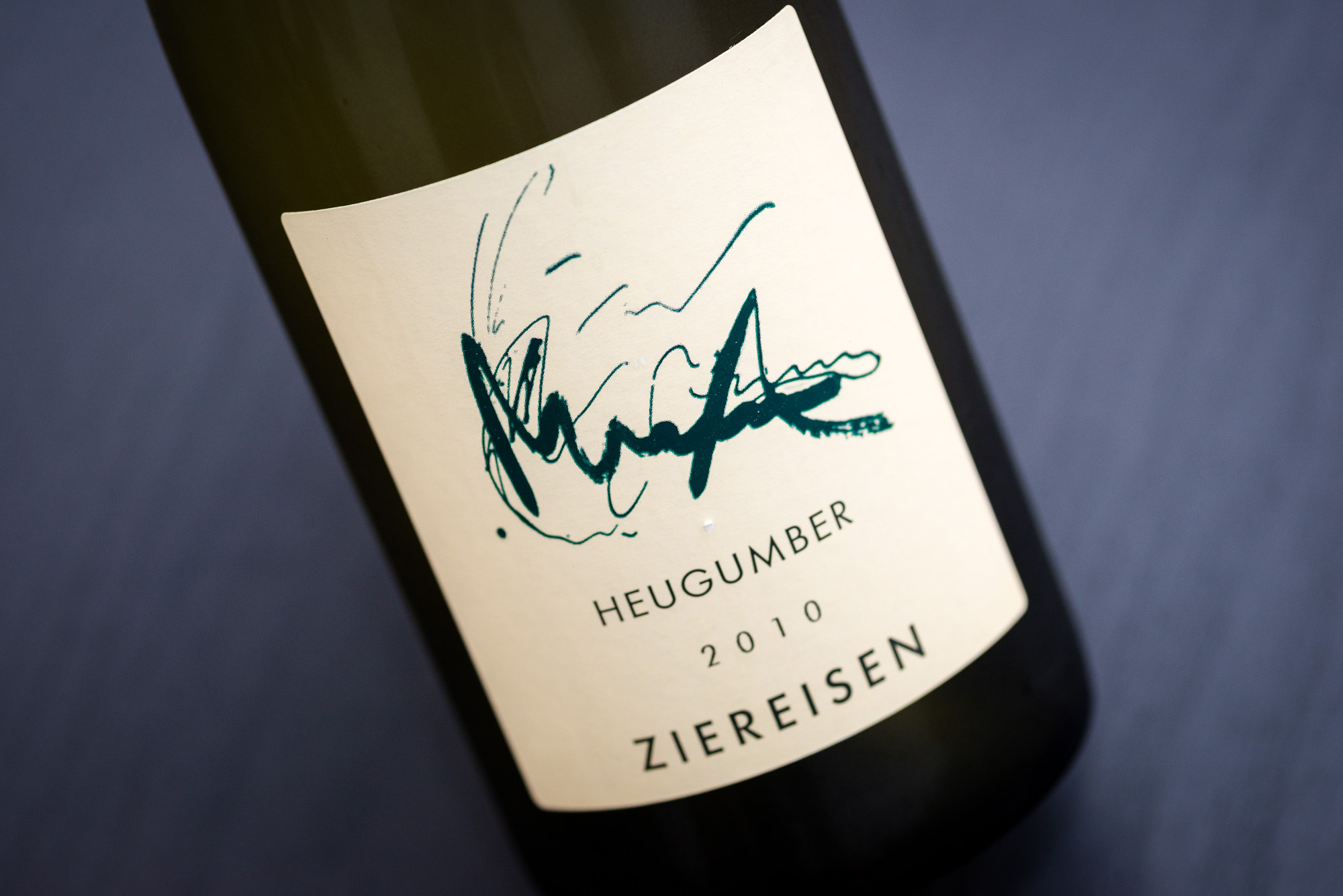
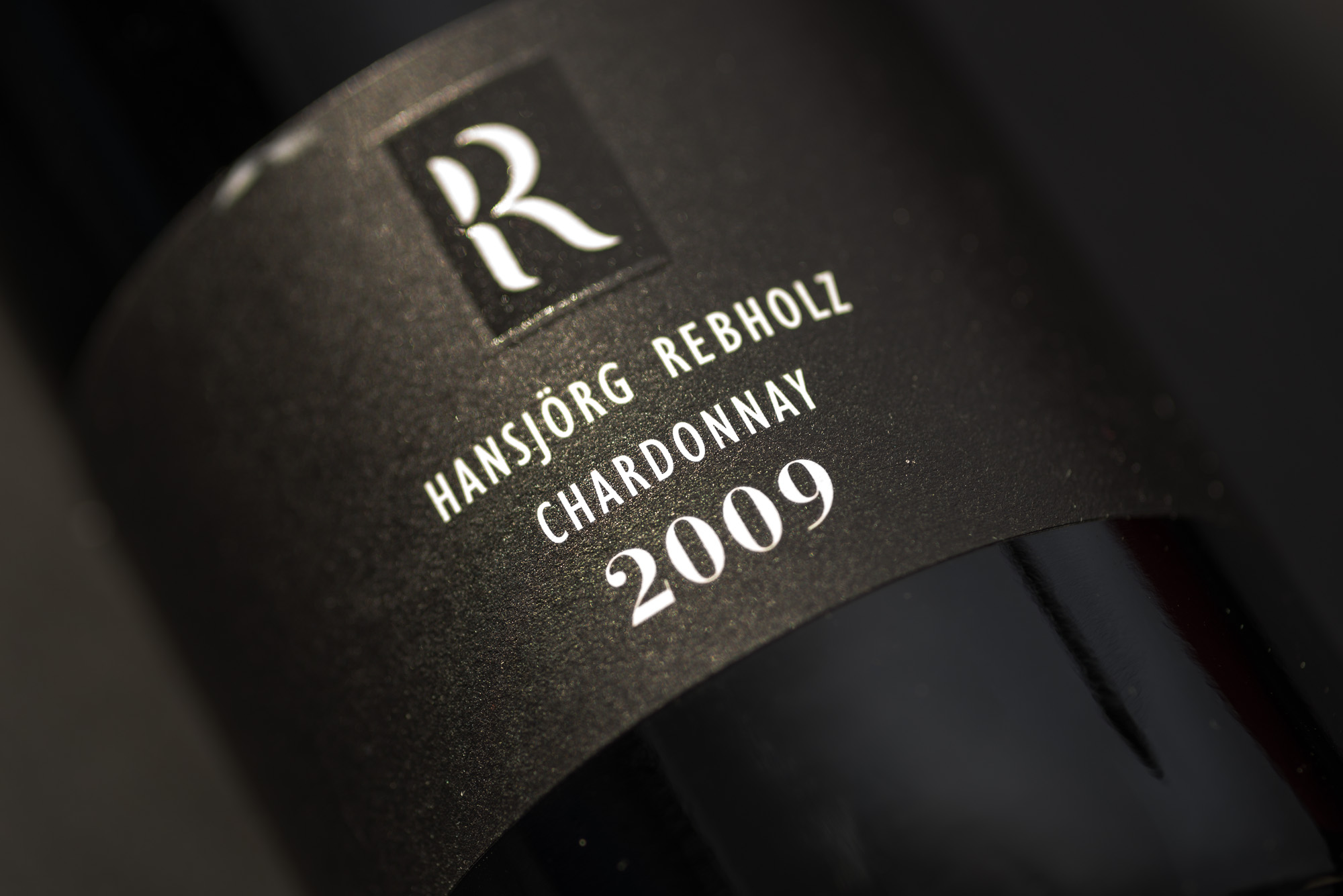 Whether this is an impossible mission only you will know, but like Jim Phelps I am not one to turn down a mission when it comes to find me
Whether this is an impossible mission only you will know, but like Jim Phelps I am not one to turn down a mission when it comes to find me